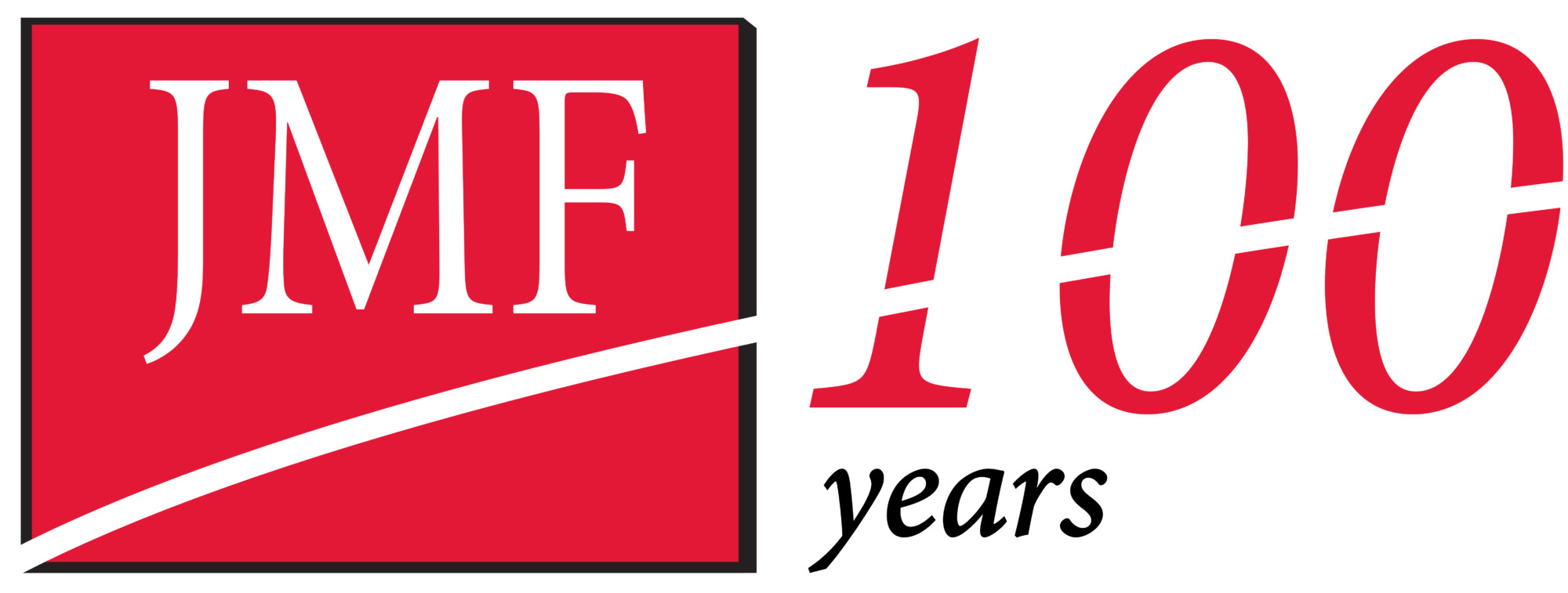Do you need an influx of cash to launch a business venture devoted to your personal passion? You can do things the old-fashioned way and issue an initial public offering (IPO) for review by prospective investors. Although IPOs remain viable for some types of businesses, especially larger ones, they can cost time and money, not to mention the hassles. Alternatively, you might do things the “modern way” by raising the cash you need through crowdfunding.
How it works: You try to entice individuals to contribute small amounts to your cause. In other words, you solicit funds from a large crowd. Typically, the venture is initiated through one of the online portals available on the Internet. Some of the most popular Web sites are GoFundMe, Kickstarter and Indiegogo, but there are dozens of others.
The contributions may be as small as $5 or $10, or as large as $100 or even more. The trick is to focus on the quantity, not the quality. For instance, if you can encourage thousands of donors to contribute, you’ll likely have a tidy sum to help your business get up and running. Sometimes entrepreneurs offer perks or trinkets in return.
There are other variations on this basic theme. For instance, in some cases, loans or “royalty financing” may be arranged. The idea behind royalty financing sites is to link your business with investors who lend money for a guaranteed percentage of revenue from sales of goods or services.
For many entrepreneurs, the best-case scenario is to have investors actually acquire shares or an ownership stake in the company. In essence, this is like having a mini-IPO, but without the usual obstacles.
Previously, a company using the crowdfunding method was required to meet strict reporting requirements if it attracted more than 500 shareholders. But the Jumpstart Our Business Startups (JOBS) Act of 2012 increased the limit to 2,000 shareholders. In addition, new startups can offer securities worth up to $1 million under the JOBS Act. These and other modifications have increased the popularity of crowdfunding.
The Securities and Exchange Commission (SEC) oversees these types of investment activities. In 2015, the SEC released the latest regulations pertaining to crowdfunding.
Before you get started, consider the following suggestions to enhance a crowdfunding effort:
- Rely on friends and family members to help get the ball rolling by urging others they know to chip in.
- If you are giving out swag in exchange for contributions, try to make it something desirable to a large number of people.
- Create a business plan to show you are a serious entrepreneur.
- Use technology (e.g., a video) to make your points.
- Demonstrate that you are committed by putting up some of your own money.
- Finish your presentation with a call to action.
The tax rules for crowdfunding are still evolving. In a new information letter, the IRS says that crowdfunding revenue is generally taxable income if it is not a loan that must be repaid, a capital contribution made in exchange for an equity interest or a gift made out of detached generosity. See your JMF professional tax adviser for more details.







Leave A Comment
You must be logged in to post a comment.